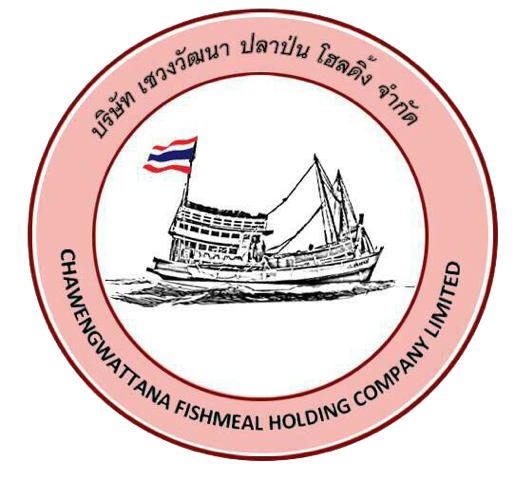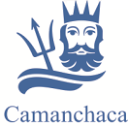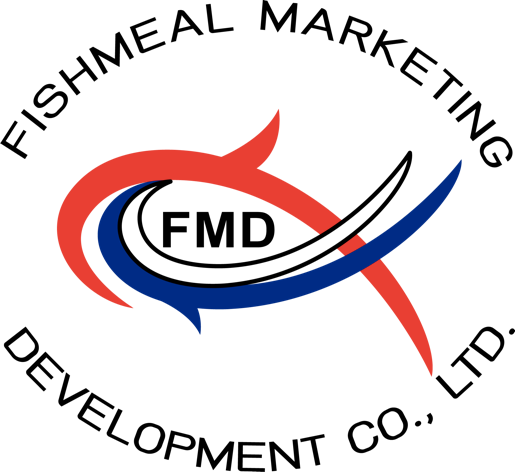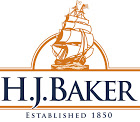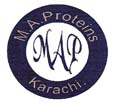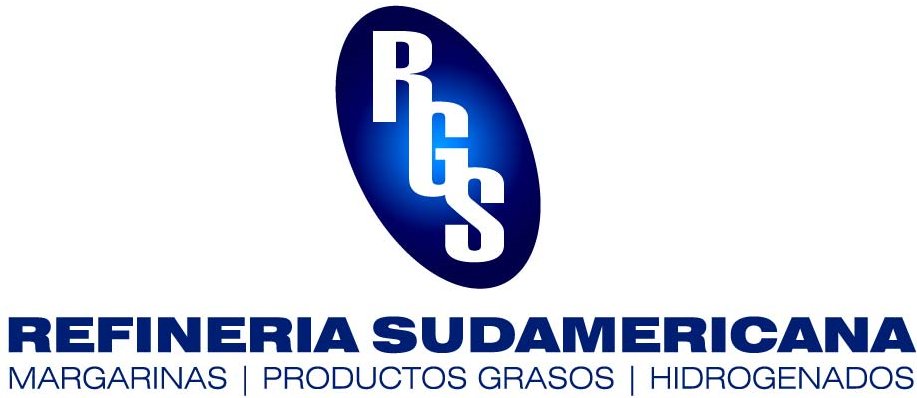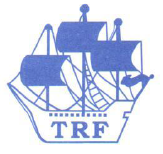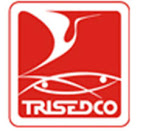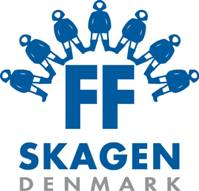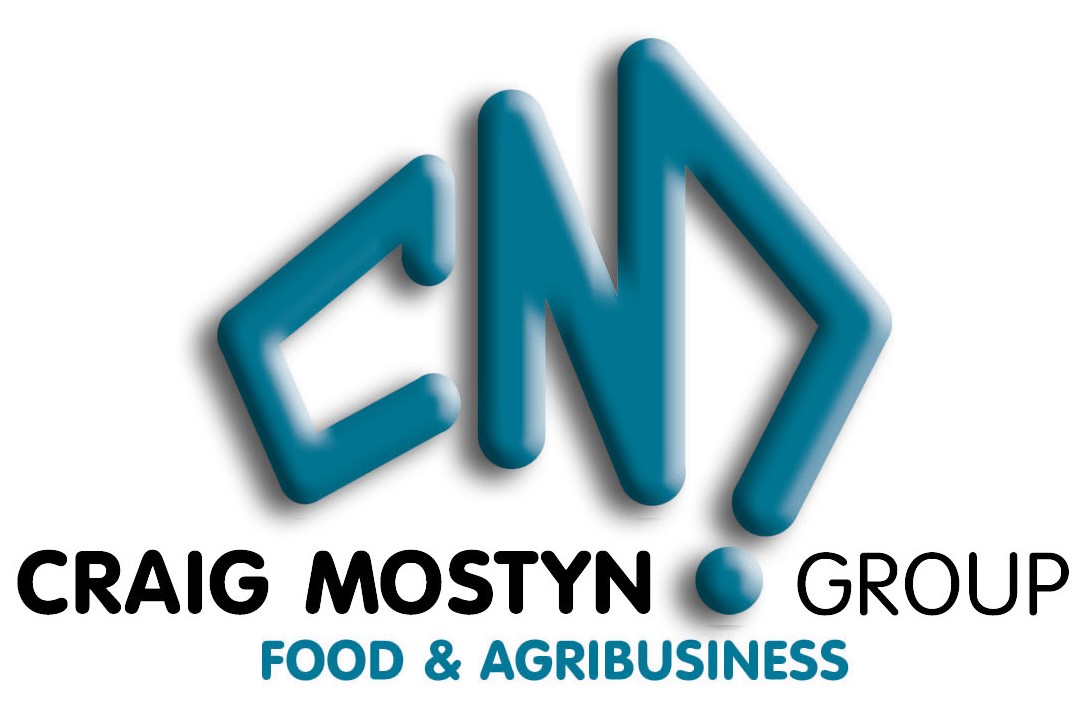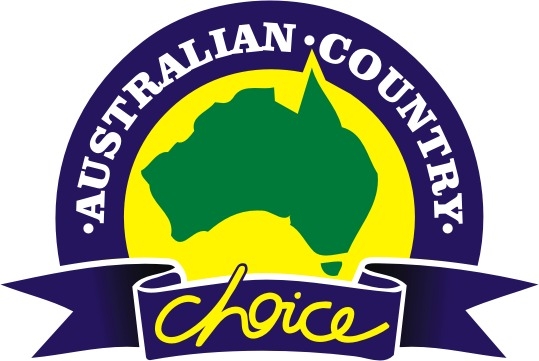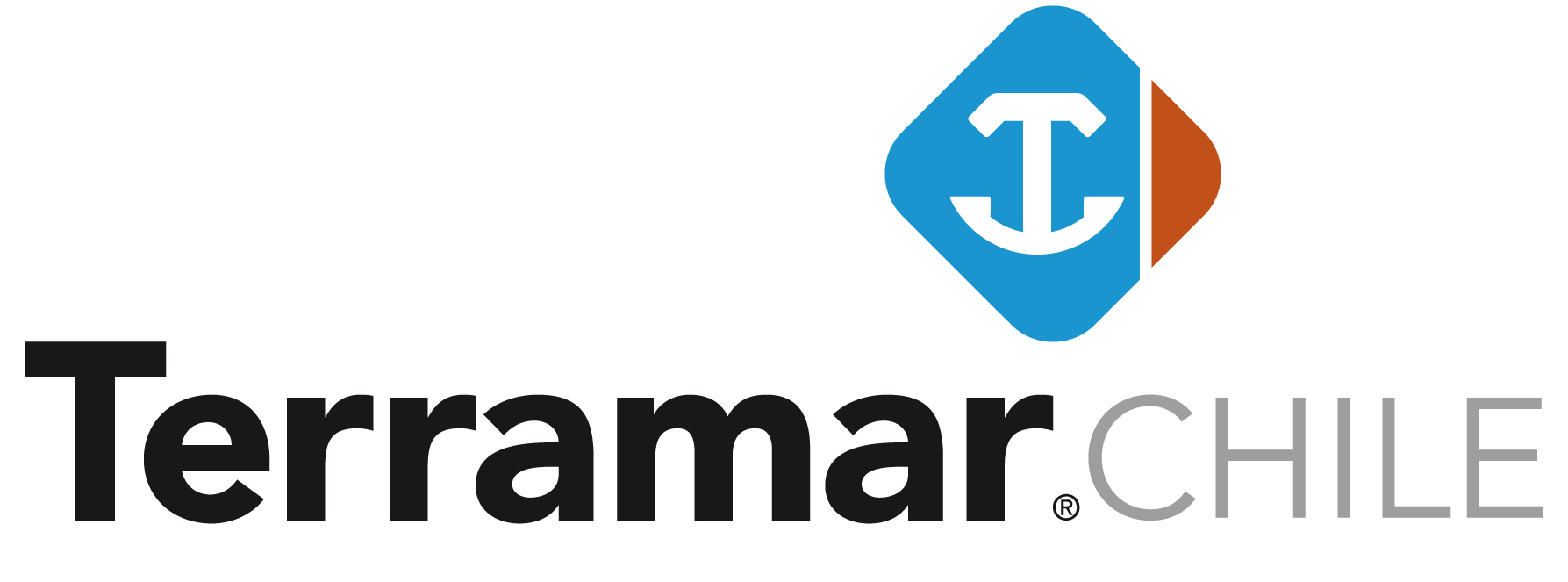Join Now | Free Trial | Login | Membership
Denmark's BioMar Group has announced it will build a new feed factory in Australia.
During the last years BioMar has delivered an increasing volume of feed to the Australian market from factories in Chile and Scotland, it said. Now the company is ready to establish a greenfield feed factory in Australia, with a yearly capacity of 110,000 metric tons.
"The market is evaluated to have a high potential for growth within a broad range of species," it said.
The firm is already cooperating with local state government building the required foundation for approval. The aim is to be "locally agile", with a solid foundation of global product development and technical experience within species such as salmon, trout and yellow tail king fish.
“In 2016 we opened a factory in Turkey and this year we will be ready with our second factory in China as well as with expanded capacity in Norway. In 2019 we aim to open a feed factory in Australia supported by our established factories, technical experts and global R&D department," said CEO Carlos Diaz.
"We are as a group dedicated to fulfil the growth ambitions in our strategy being an independent premium feed supplier with a high degree of global cooperation."
Through its presence in the market BioMar has obtained a hands-on understanding of the local farming conditions and challenges, it said. It is the expectation that being locally present with commercial staff, technical expertise and production facilities will lead to an even more competitive advantage in the market.
Its ambition is to support customers by developing high performance products tailored to local farming conditions, with a strong profile in regards to sustainability, feed safety and food quality.
“I am confident that our approach of balancing local agility and global excellence will give us a solid position in Australasia. We have already established very successful cooperation with key customers and we are looking forward to working with a broader base of customers developing the aquaculture industry in Australia and New Zealand."
"The world around us is changing, and there is an increasing need for combining sustainability and efficiency. We clearly see that end-consumers are changing buying patterns towards high quality products with a responsible profile. We firmly believe that working closely together with the value chain can prepare the industry to take a lead in the global food sustainability agenda”, said Diaz.
Back to listing



